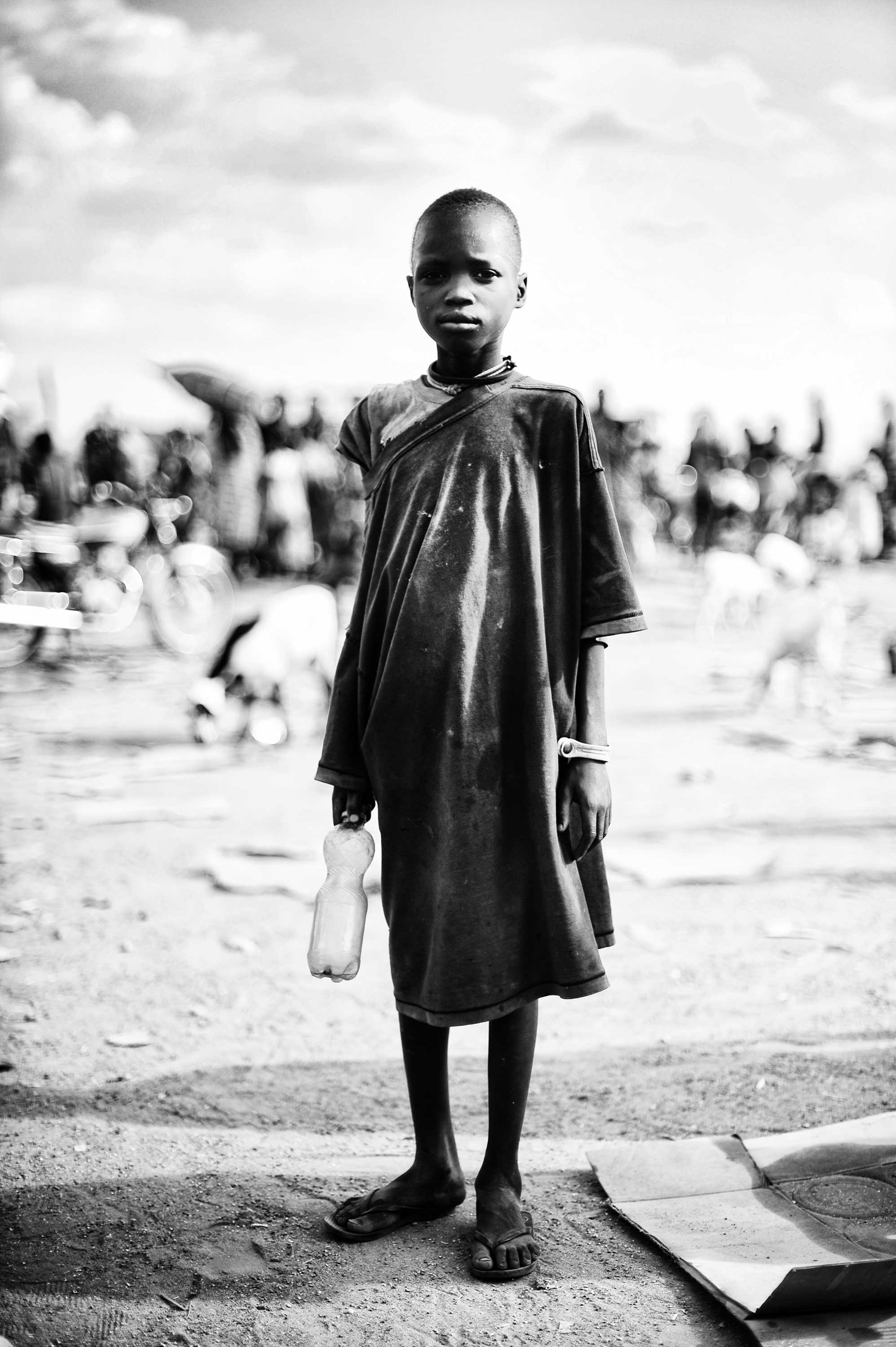
Photographer Ugo Borga has spent the last 15 years in Africa, the Middle East and Europe documenting places devastated by war. In March, he traveled to South Sudan to cover the ongoing conflict that’s been plaguing the country since officially declaring its independence from Sudan in 2011. Borga spent a month in the South Sudanese states of Jongeli, Lakes and Central Equatoria capturing portraits of refugees who are displaced from their homes due to the violence. “The South Sudanese population lives in a disastrous condition,” Borga says. “People are constantly under attack by militias and have abandoned the cultivation of the land and any other economic activity because they are forced to flee.”
Photographing a country in its most fragile state led Borga to be arrested and thrown in jail for espionage in the town of Bor despite holding an official accreditation from the Ministry of Information of the South Sudan Republic to take photographs. “The criminal police in Bor did not recognize the Central State authorities because of the civil war,” he says.
The arrest forced him to flee Bor, and never fully learning of the fate of a newborn he encountered at a hospital there. Borga was told by a midwife that the newborn’s mother, whom he didn’t meet, lost her husband in the conflict and was repeatedly raped by several men, subsequently giving birth to four children from the rapes. Her trauma led her to kill three of her older children and was close to killing her newborn when witnesses on the street saved him. “The baby was a few days old when I found him in the Bor hospital,” he says.
Borga’s black-and-white portraits of the campers show a variety of ages. The toll violence is painfully obvious.
One of the refugees that stood out for Borga was Duku, a child approximately aged eight, whom he met while food was being distributed to the camp. He’s dressed in flip-flops, a t-shirt and a dress that covers his body. Duku lost both his parents and siblings. Helpless, and with no one else to turn to, he walked for two months until arriving at the Mingkamann camp where a refugee family took him in. “He does not talk much about his history,” Borga says on Duku’s background. “I think he needs a lot of time to process what has happened, the grief that he has suffered.”
“What struck me was meeting with children with great resilience,” he says. “In many cases, boys and girls less than ten years old took care of their younger siblings, showing great responsibility and care for them in very difficult situations. I think this is the most touching aspect, both dramatic and consoling of the tragedies I witnessed.”
Ugo Borga is a photographer represented by Echo photo agency.
Marie Tobias, who edited this photo essay, is a senior photo editor at TIME.
Bianca Silva is a writer and contributor to TIME LightBox. Follow her on Twitter.
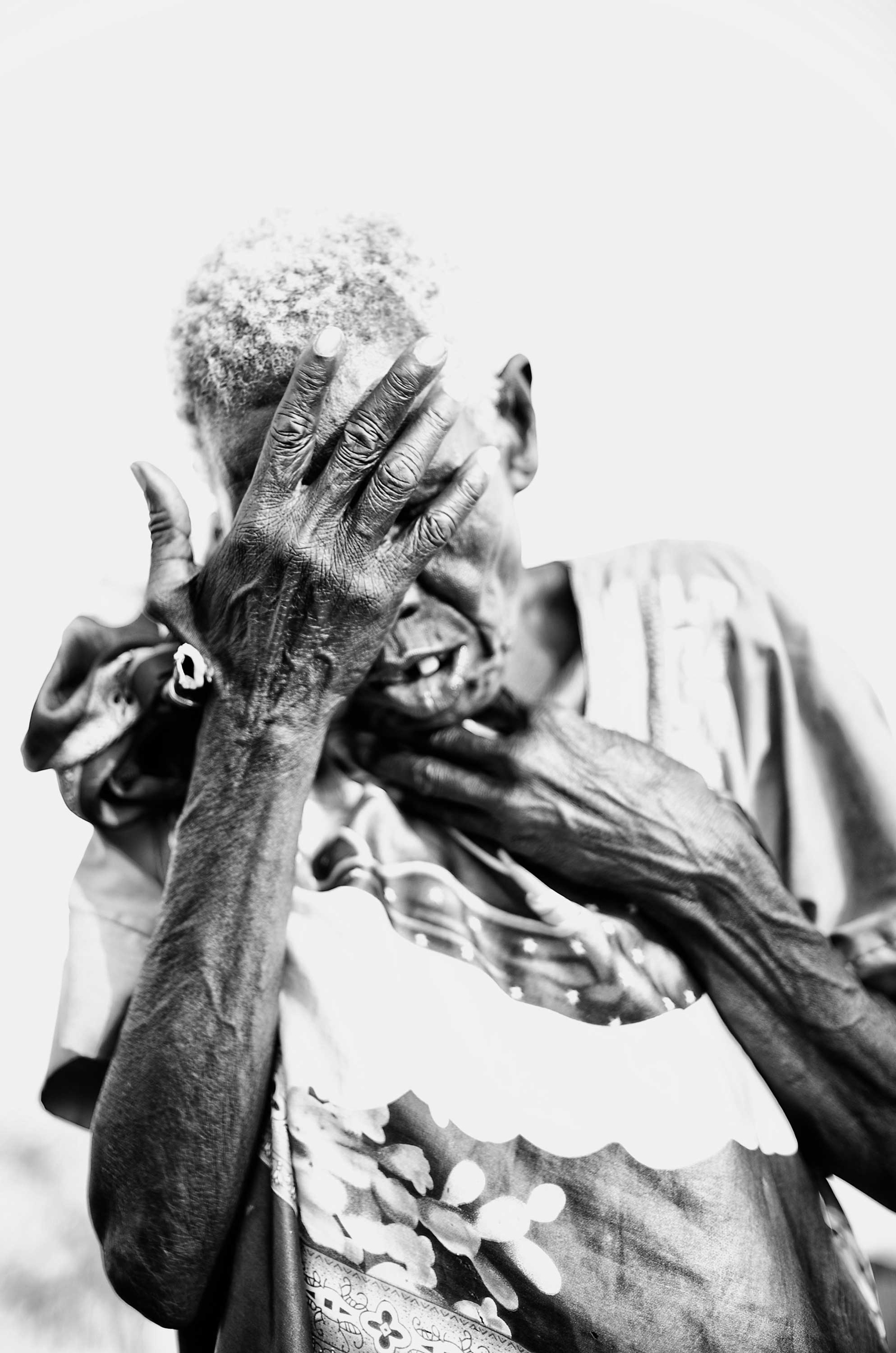
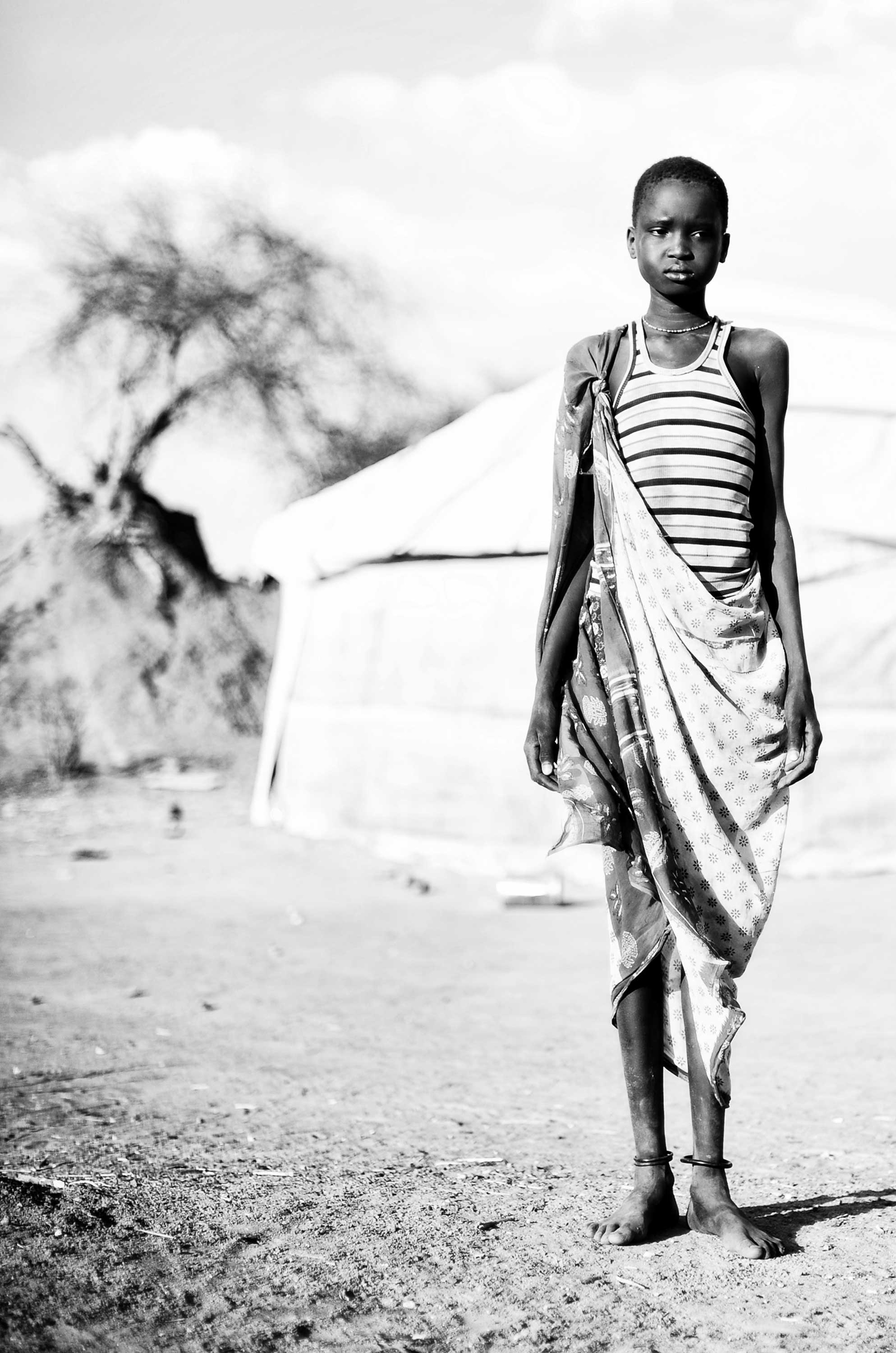
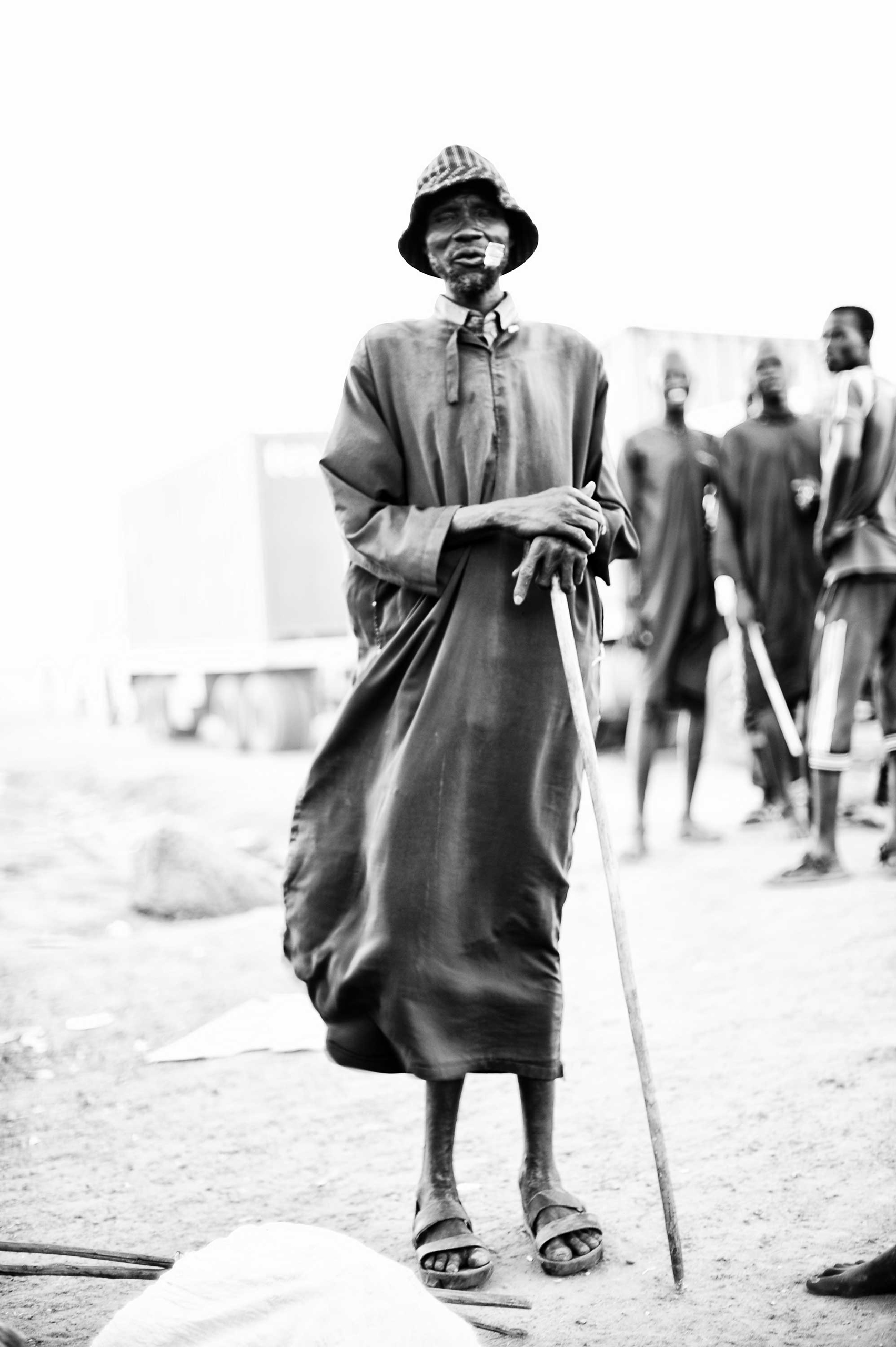
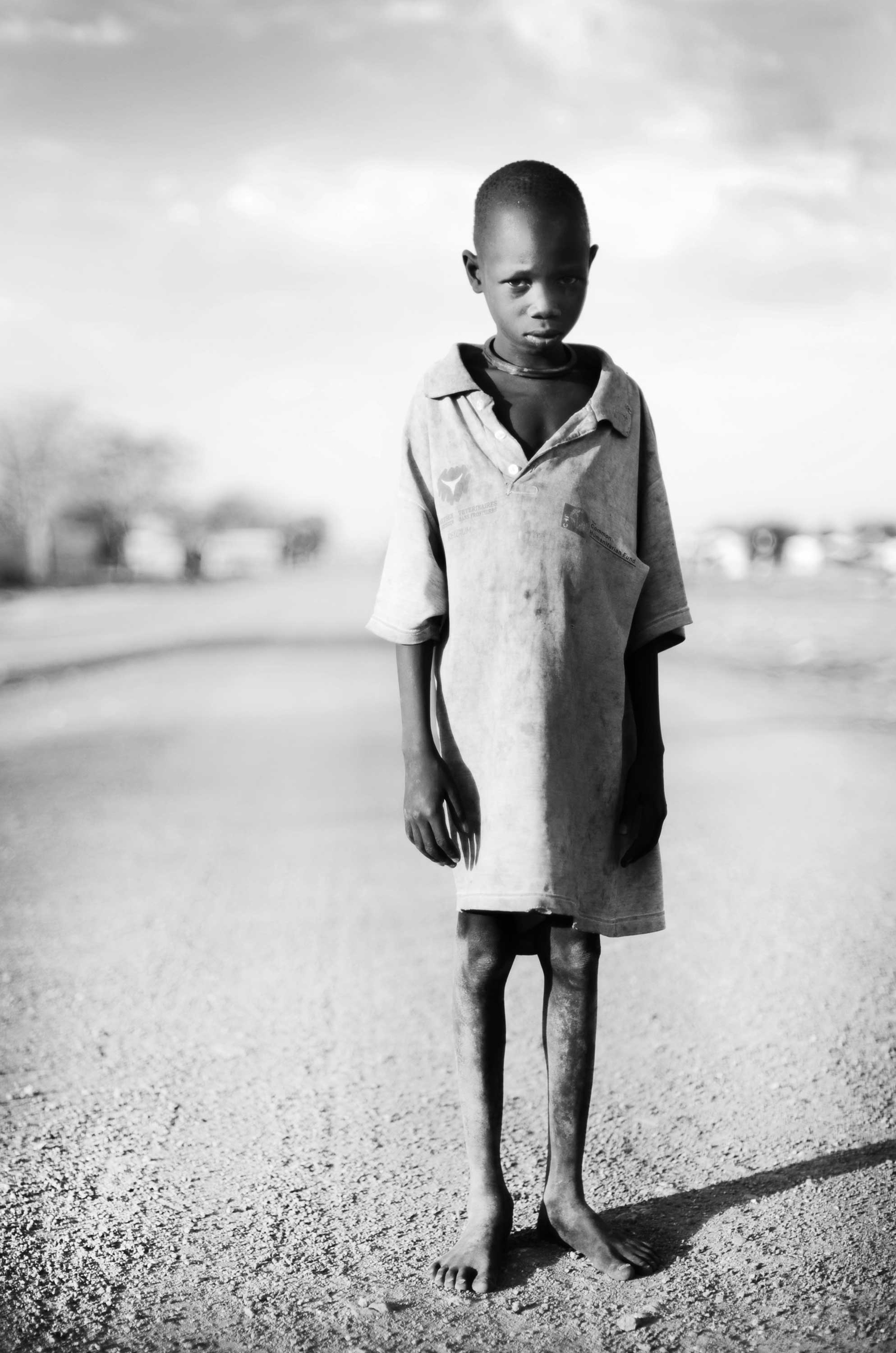
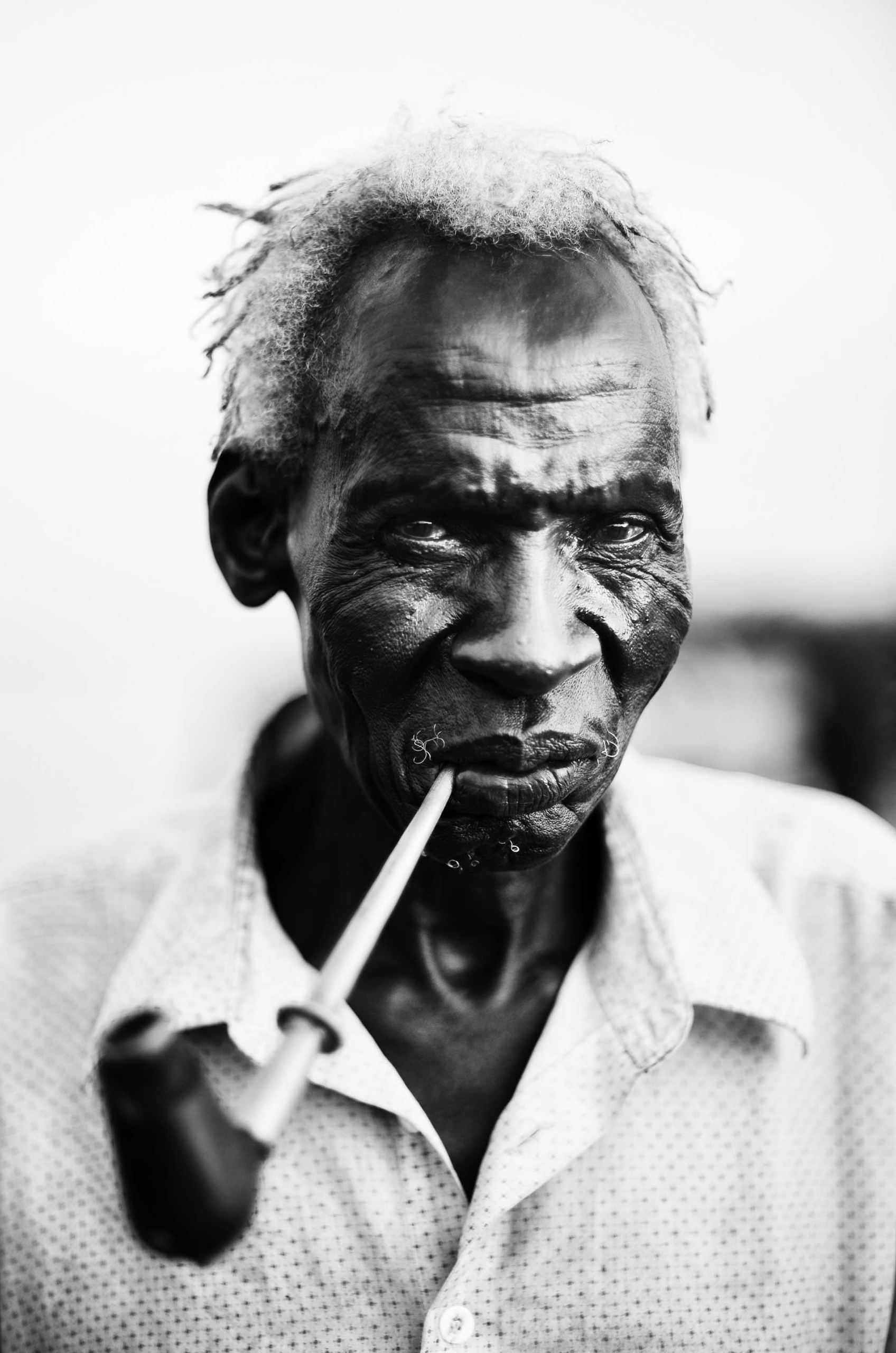
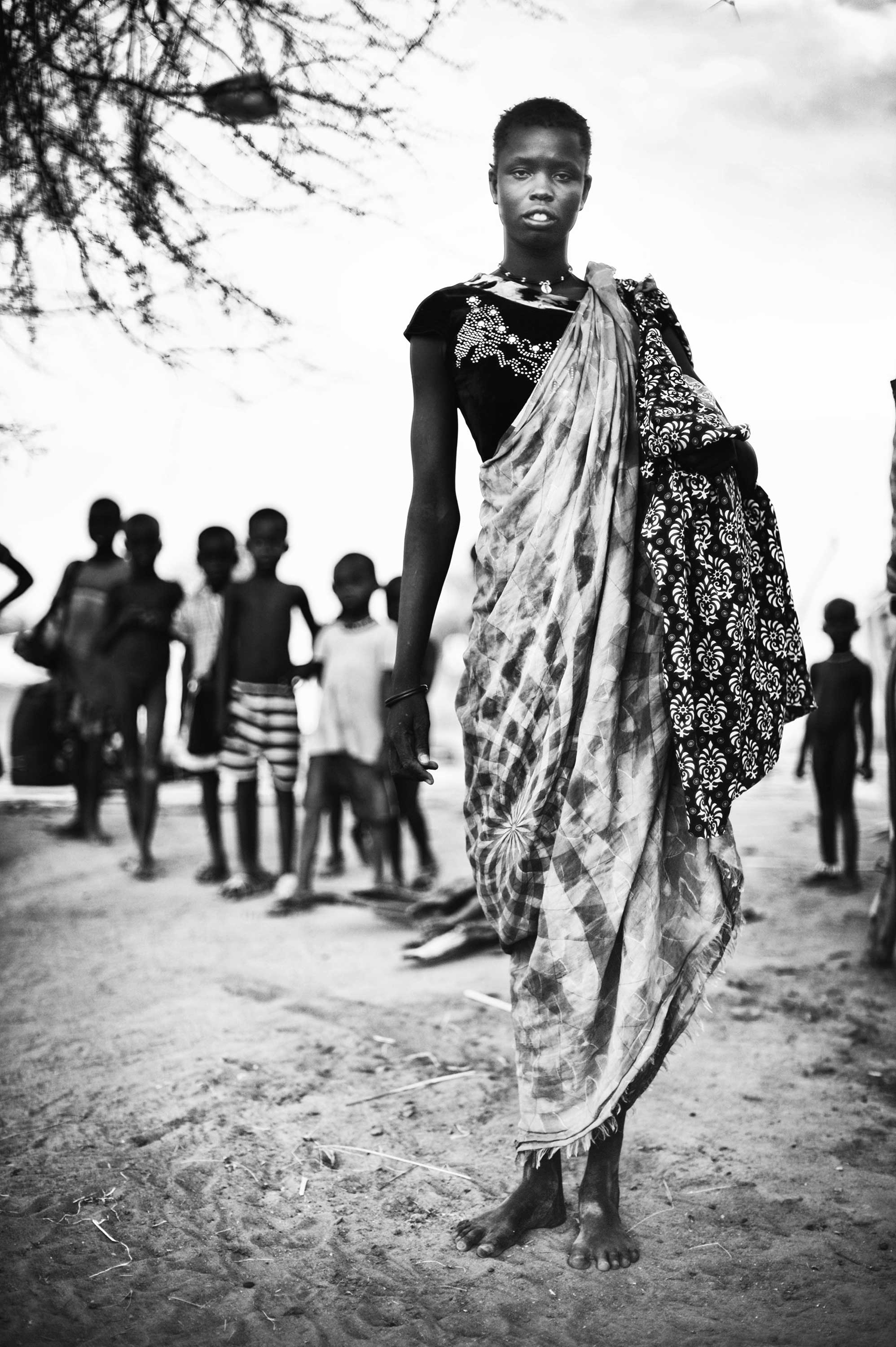
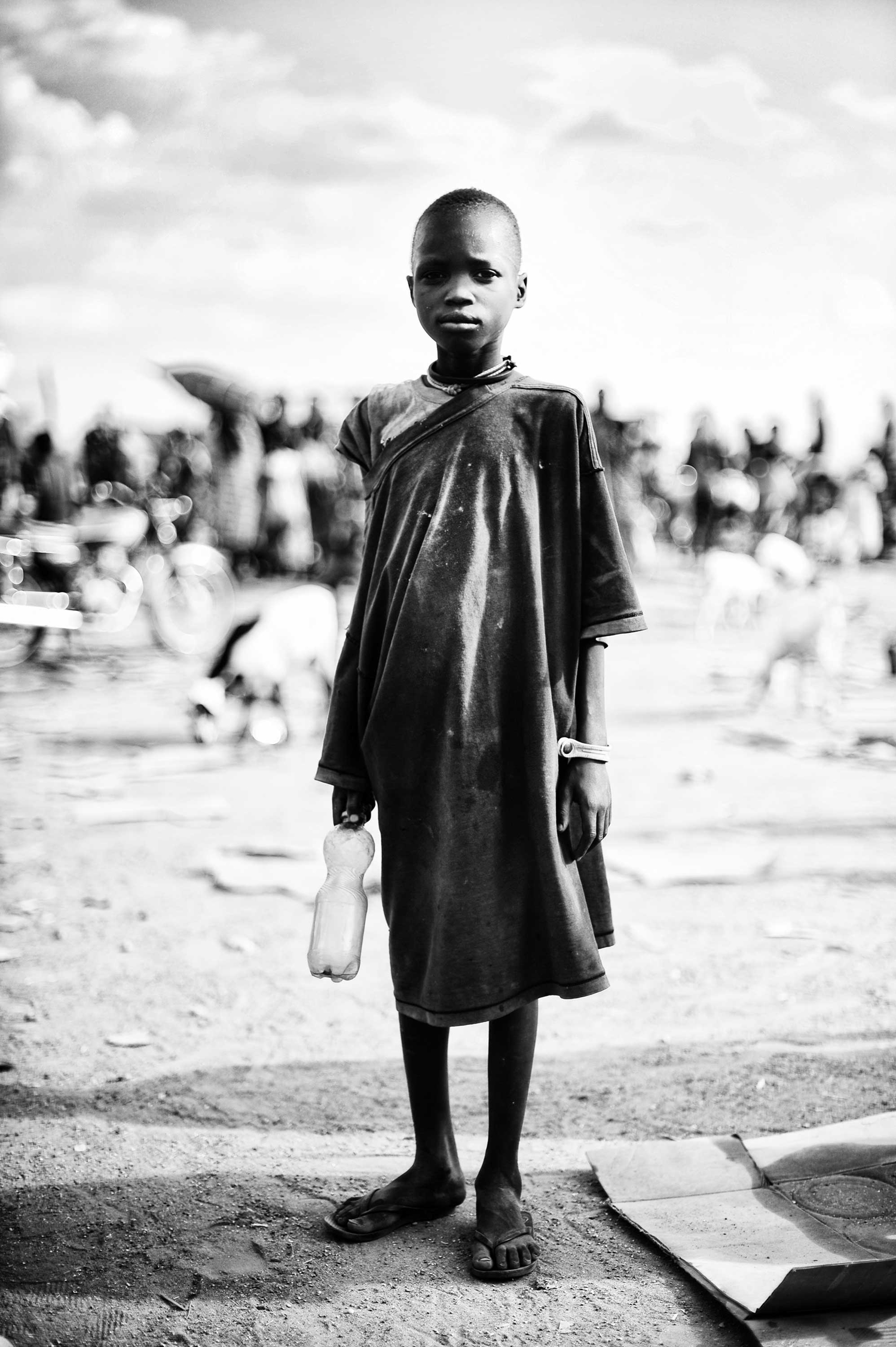
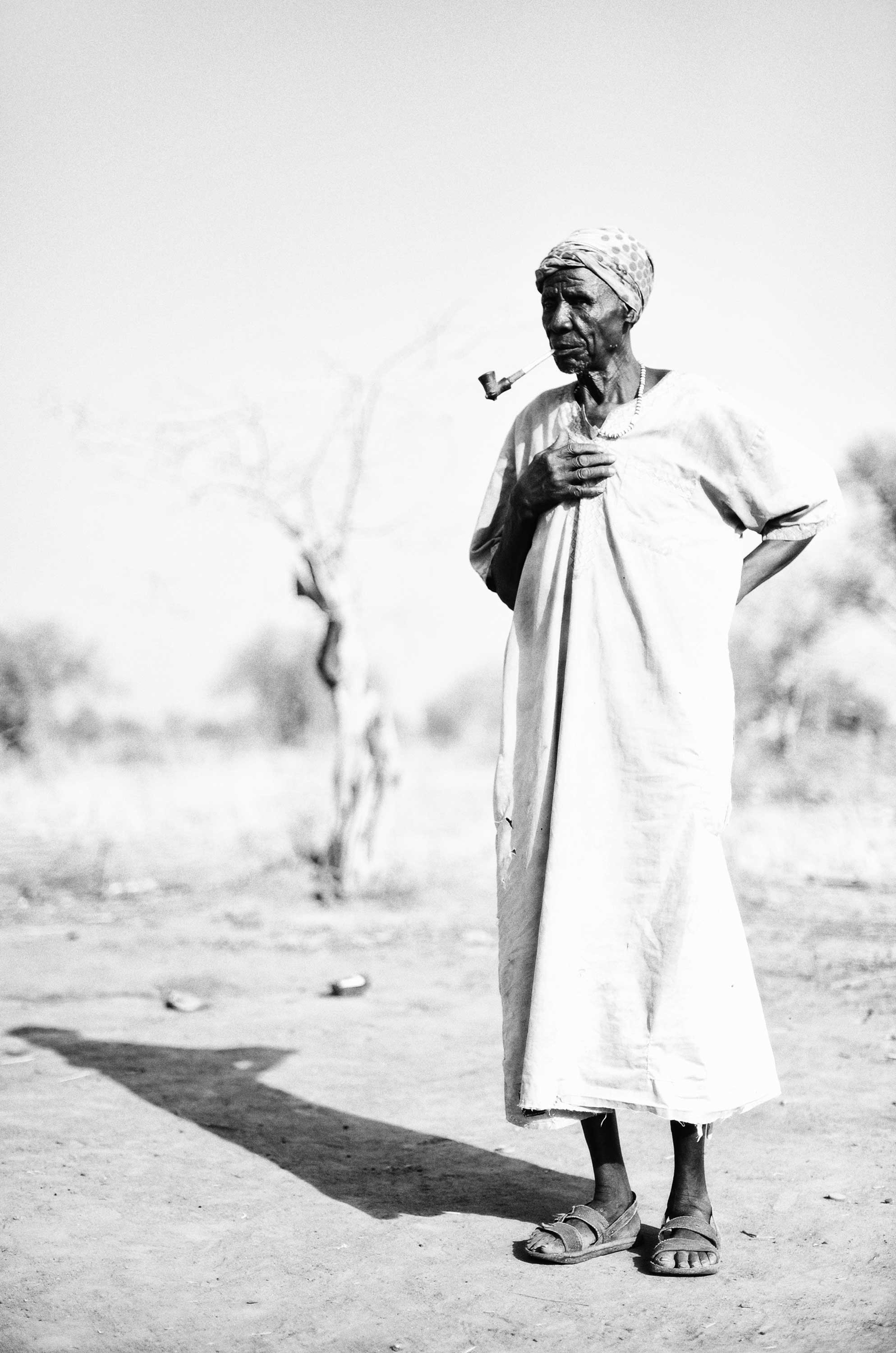
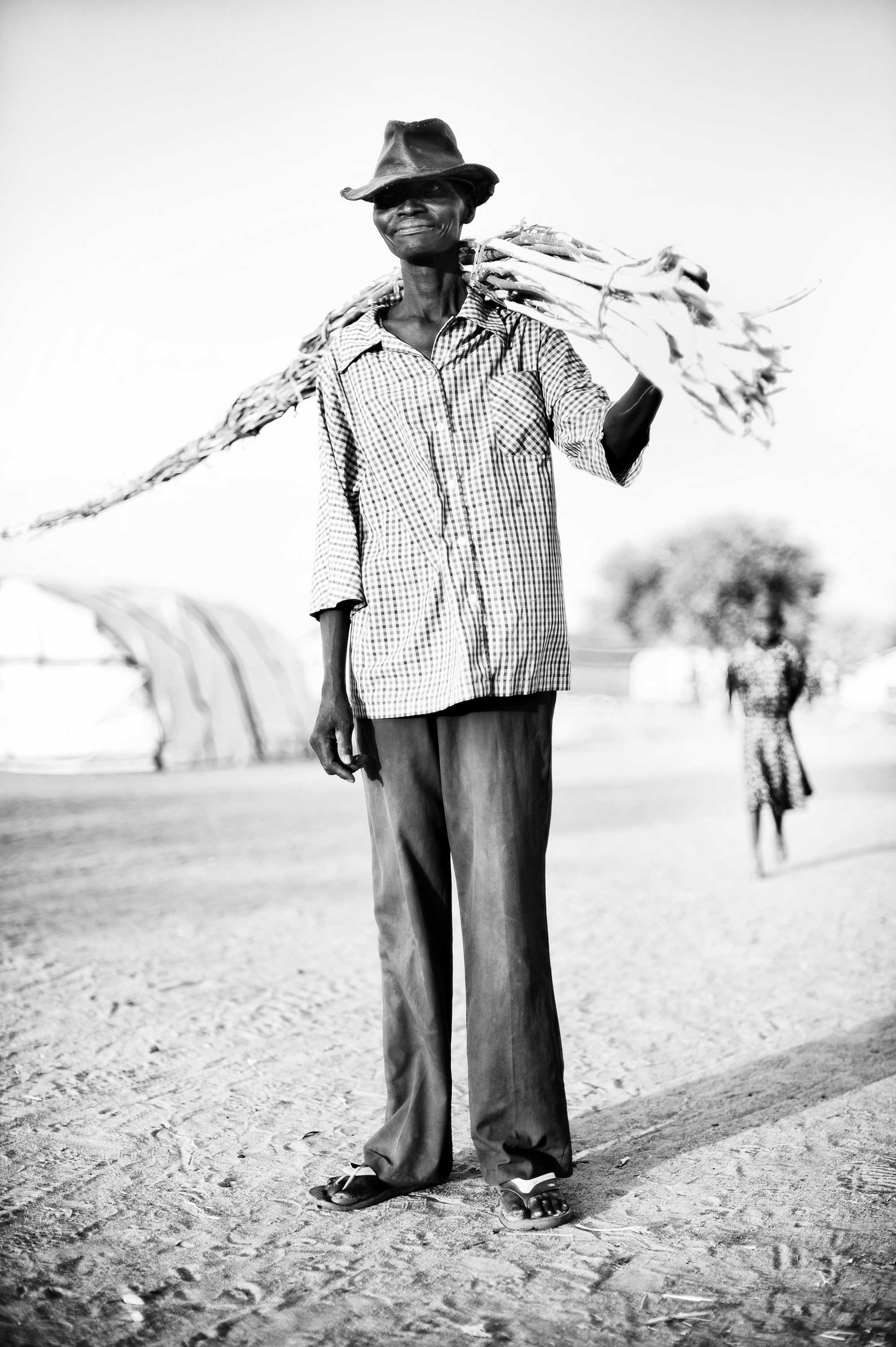
More Must-Reads from TIME
- Why Trump’s Message Worked on Latino Men
- What Trump’s Win Could Mean for Housing
- The 100 Must-Read Books of 2024
- Sleep Doctors Share the 1 Tip That’s Changed Their Lives
- Column: Let’s Bring Back Romance
- What It’s Like to Have Long COVID As a Kid
- FX’s Say Nothing Is the Must-Watch Political Thriller of 2024
- Merle Bombardieri Is Helping People Make the Baby Decision
Contact us at letters@time.com